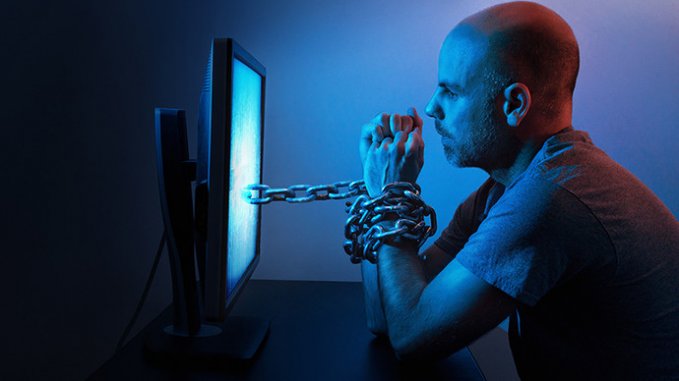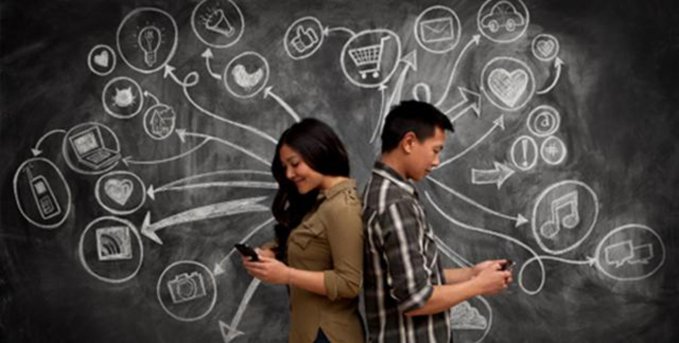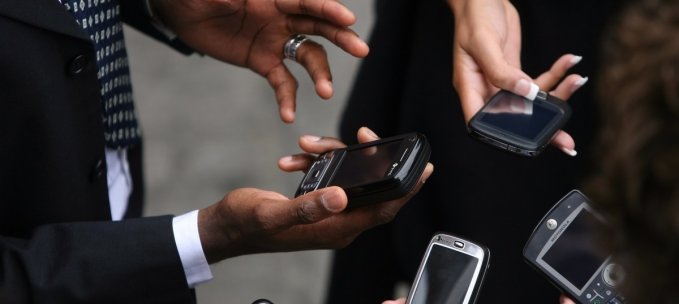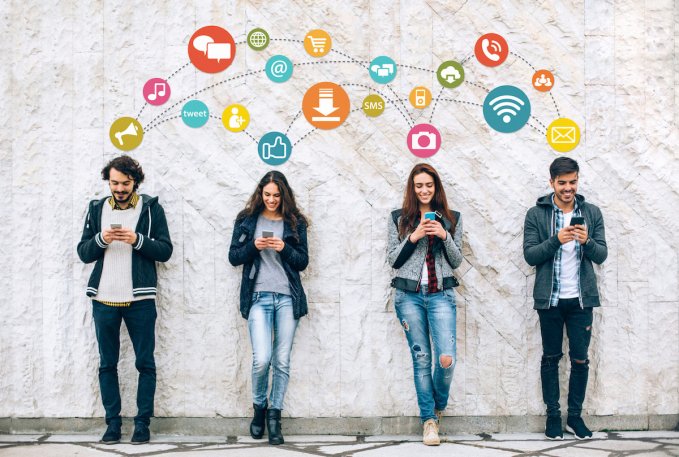Our addiction through social media is nothing new. About one third of the world's people use social media. And needless to say, the lion's share of this one-third is the younger generation. Naturally, social media is having a great impact on the formation and change of our society. But have we ever thought about how much this social media is affecting our brain? In this article we will discuss how social media is affecting our brain.
Source: Healthy Living Women
1. Addiction
There are many Facebook users who can't log out once they log in. Or log out again after five minutes. How much time we spend online is often beyond our control. This social media creates an addiction. Although it is a mental addiction, researchers have found amazing results by scanning the brains of addicts through this social media. Researchers say there are similarities between their brain waves and those of drug addicts. In particular, just as drug addicts lose their ability to think, concentrate, and make decisions, so do those addicted to Facebook. Because, we don't have to work hard to use social media. Thus, the brain does not have to be used. So to speak, Social media is rewarding our brains without any effort. As a result, our brain likes this stimulus, and the more it gets this nervous excitement, the more it wants it. Doesn't sound like drugs?

2. Decreased attention spam or attention span
Excessive use of any electronic media, not just social media users, damages our attention spam. As a result, we lose interest in the task at hand. And social media is designed in such a way that whenever you feel uncomfortable in a situation, or feel monotonous, your brain will want that stimulation like addicts. Want to go to Facebook-Twitter and rest yourself.
Started reading a book? After reading a few pages, you might think, let's turn to Facebook.

Also when you are in an uncomfortable situation or in a situation where you cannot adapt, your brain will want to dive into social media in order to differentiate itself from the outside world.
Suppose you are in a family meeting, where you do not understand what is being said. Or sitting behind a monotonous classroom, not paying attention to the teacher's lecture. In a few minutes, you will notice that you have turned on your smartphone and entered Facebook. The virtual world is the means to ignore the real world.
3. Multi-tasking
Usually we assume that those who are introduced through social media are also involved in multi-tasking or multi-tasking. We think they can run Facebook as well as do other things together. But researchers say the opposite. They can't actually do any work properly.
Researchers say that addiction to social media slows down the pace of our other activities and even reduces our memory. All the senses of the body of media addicts are focused on the vibration of the phone. Which disrupts your work.
Suppose you are sitting in an important meeting in the office. Suddenly a message came "Tung" . Byss, your attention was diverted to the message and you missed some important things about the meeting.
Also since the senses always spend extra attention to detect vibrations, the brain spends less energy behind storing information. Not storing data means not adding data to memory.
In a word, social media is also disrupting our memory.

4. Phantom Vibration Syndrome
The vibration of the phone distracts us. But did you know that the phone can distract us without vibrating? Has it ever occurred to you that the phone suddenly vibrated and turned off or you felt the vibration of a message, but you took out the phone and saw that none of this happened? Your phone did not vibrate at all!
This is called phantom vibration syndrome ( the Phantom Vibration Syndrome ) . If you are a smartphone user, then this syndrome should be familiar to you. Phantom Vibration Syndrome is a mental process that causes you to sometimes think your phone has vibrated, but has not. According to a recent study, 69 percent of smartphone users suffer from this syndrome.
The scientific explanation behind this is that our brain sometimes cannot distinguish the vibration of the phone with any itching or scratching of the body. Our senses are so keen to hear the vibrations of the phone that even if it is not vibration, sometimes it sends a signal to the brain thinking of something else as vibration. In other words, this smartphone is affecting our nervous system, which is based on social media.
5. Dopamine release
Dopamine is a chemical that makes us feel loved. Researchers say social media releases dopamine into our brains. Now you may think, giving a feeling of love is a positive aspect! But the thing is, with this dopamine release, social media is making us much more self-centered. Scientists have an MRI of the human brain Scans show that the reward centers of our brains are much more active when we talk about ourselves, without listening to others. We love to talk to ourselves. That's normal, isn't it? But the funny thing is, the face-to-face communication we have, only 30 percent of the conversation is about ourselves. But when we talk through social media, then? Researchers say that 80 percent of the communication on social media is self-reliant. The parts of our brain that are related to orgasm, motivation, love are all simulated by social media. Especially when you know you have readers or visitors. That is, our brain is physically rewarding us for being self-centered.

Suppose you tune in to a picture of yourself on Facebook. Now when people start to like-post, the brain will start releasing a little bit of dopamine with each like. Each like will continue to give you tiny little pleasure. You will be encouraged to upload more new pictures of yourself. Do you know the terrible side of this self-centeredness? When your picture / post starts getting more likes than others, you start to think of yourself as better than others. Or when you get less likes than others, you will suffer from inferiority complex. All in all, social media has made us more self-centered than ever before and through this self-centeredness has created a false standard among us.



إرسال تعليق